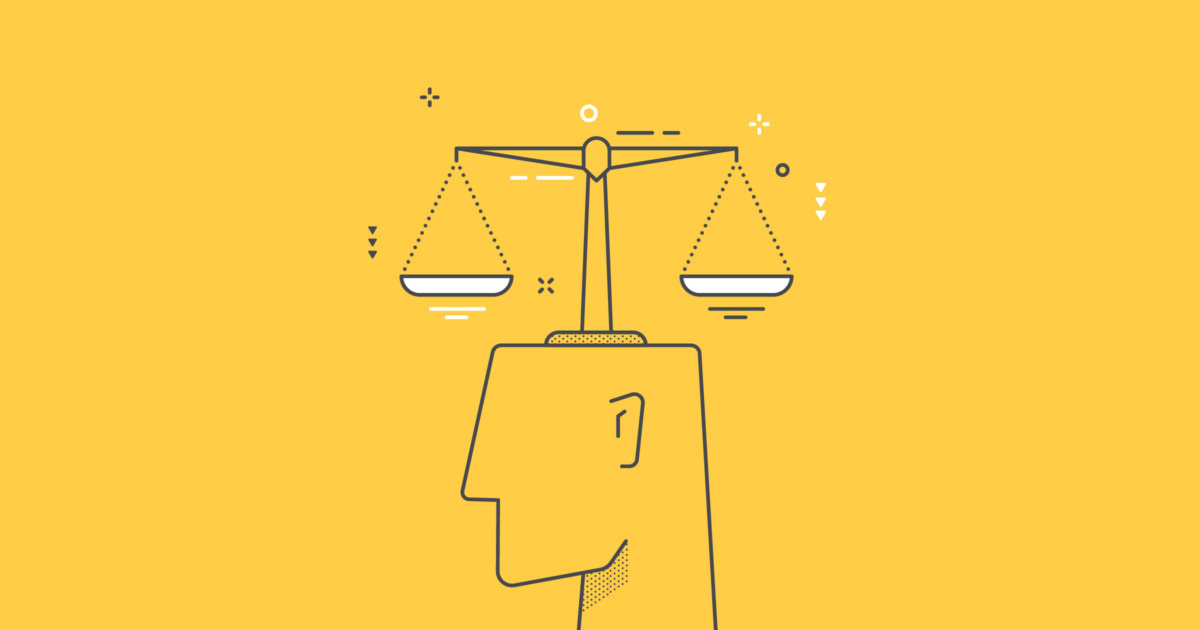Films entertain us, shake us, inspire us – but can film be seen as a genuine source of knowledge, and potentially, a contributor to humanity’s understanding of the world? That's the question that I've asked myself in my latest video.
Bebeflapula - Philosophy explained
This blog is dedicated to explaining philosophical ideas in an approachable everyday language.
Tuesday, 10 May 2022
Friday, 11 June 2021
Hillary Putnam - Ethics Without Ontology (my review!)
Sunday, 15 November 2020
Bebeflapula's ethics series
On the 6th of July I started what would become my ethics series, something that kept developing and just turned out to be a fun exercise in how many layers I could stack on top of each order to create a realistic setting full of people.
I'd love to take up more group projects, so since the lockdown in Slovenia is still going strong, I might find a way to collaborate through greenscreens. Seems like that's how you shoot a thing in such times.
Saturday, 8 August 2020
Family Resemblances (Wittgenstein)
Today I want to write about a very interesting idea in philosophy that gets misunderstood a lot, so to do my guy Ludwig Wittgenstein some justice, here's my take on his notion of Family resemblances.
Part 1: The Quest of
Philosophy
People have to make judgements to survive. 'This' is good, 'that' is bad. 'This' sounds reasonable, 'that' sounds idiotic. This - theoretical physics - is science, that - astrology - is not. This - Michelangelo's David - is art, that - my MS Paint drawing - is not.
But, those claims beg the question: what is good? What is science? What is art?
Ideally, we would like to find one condition, the essence of being good, or of being a science, or art. That's basically what Socrates tried to do when he went around asking questions like: "what is justice?"; "what is good?"; "what is duty?", …
Thursday, 30 July 2020
Politics & Science: Aryan Physics
Introduction: The Discovery of Neptune
Thursday, 16 July 2020
The Doors of Perception
Tuesday, 7 July 2020
What's the point of Bebeflapula?
Then I gradually realized that those questions are too big for me. For anyone, maybe. - ♫But together we stand a chance!♫ - We need to communicate. Develop ideas together. Poke into each other's arguments. Get rid of bad ones. Heap up good ones, and build up a cathedral of knowledge.
Would be cool if we could just hook up to a cloud and directly transmit those ideas from one brain to another. But we can't, I think. So, we have to mediate those ideas. Through language. Sigh.
Philosophy of language! My passion. My curse. My excuse, so I can pretend like I'm doing something useful with life.
Anyways, that's my long-term goal. Get some neat ideas out there, minimize the spread of fallacies that relate to language and stuff. Maybe provide some useful tools for viewers, who'll know to use them better.
For now, I just want to finish processing Wittgenstein's ideas (still reading Philosophical investigations) and find some sort of synthesis with another author that completely gripped me, Merleau-Ponty. They have a lot in common and their ideas do provide a different, a more dynamic, a more fruitful world-view than the rigid, static ontologies of modern science.
Language as a organic system of localized rules of useage? Consciousness as an embodied self, whose dynamics are shifting in relation to situational context? Dynamic semantics? A dynamic world?
After I finish that study, I'll familiarize myself with recent scientific developments and start presenting them through the lens of the acquired philosophical perspective on things. Oh, and meanwhile, I'll be posting a bunch of stupid shit, because that makes me happy:



